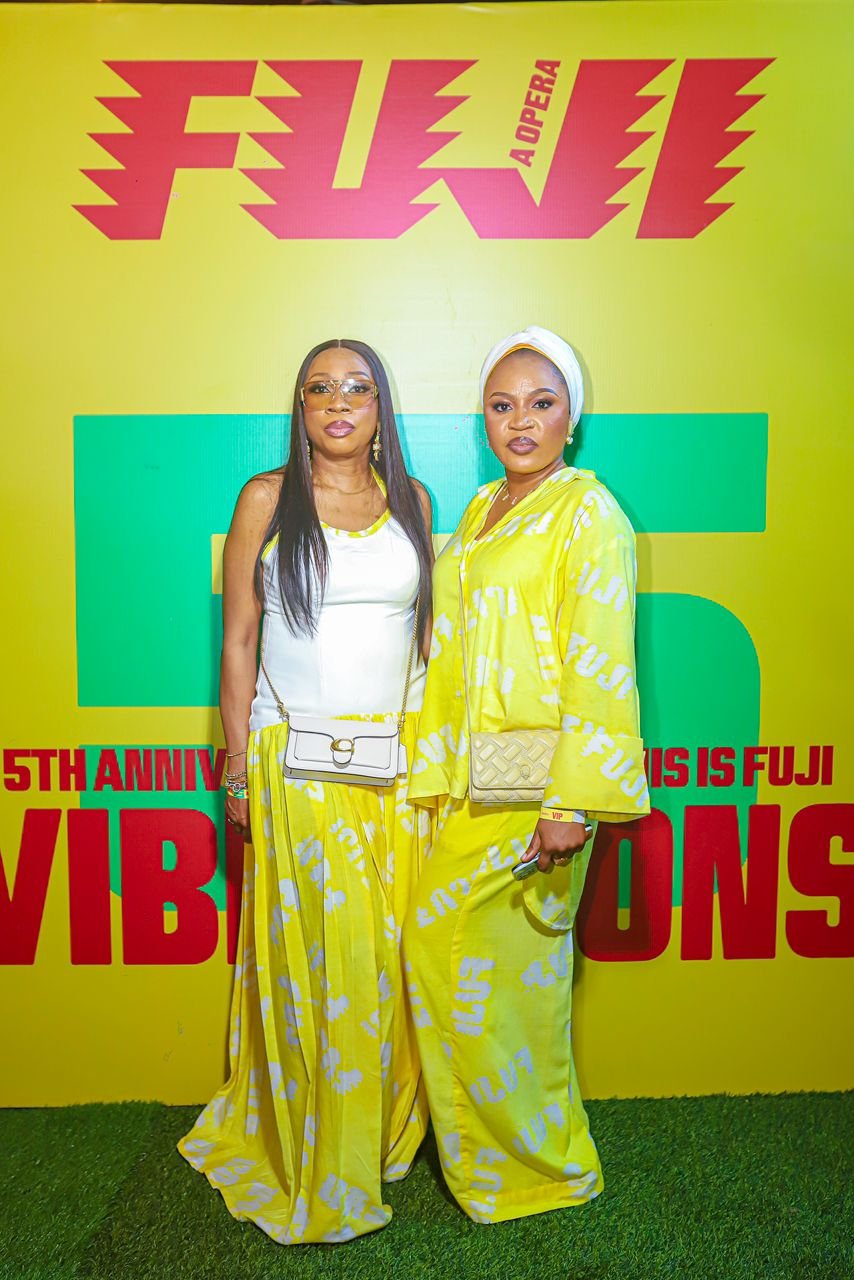Court Orders NYSC to Lift Skirt Ban: A Win for Religious Freedom and Gender Rights
In a landmark ruling that has sparked nationwide debate, a Federal High Court sitting in Abuja has declared the National Youth Service Corps (NYSC) policy banning female corps members from wearing skirts as unconstitutional. The judgment, delivered by Justice Hauwa Joseph Yilwa on June 13, 2025, was made public in late July and has been widely praised as a significant victory for religious freedom and individual rights in Nigeria.
Background: A Dispute Rooted in Faith
The case was brought before the court by two female graduates, Ogunjobi Blessing and Ayuba Vivian, who challenged the NYSC’s insistence on trousers as a compulsory part of the uniform for all female corps members. The plaintiffs, both devout Christians, argued that wearing trousers contradicts their religious beliefs, referencing Deuteronomy 22:5, which forbids women from wearing garments typically associated with men.
Their refusal to wear trousers during orientation camp led to their ejection from the programme and denial of NYSC discharge certificates documents crucial for employment and career advancement in Nigeria.
The Court’s Ruling
Justice Yilwa ruled in favour of the plaintiffs, declaring that the NYSC’s policy violated their fundamental human rights, particularly the right to freedom of thought, conscience, and religion as guaranteed by Section 38 of the 1999 Constitution, and the right to dignity of person under Section 34. She also referenced the African Charter on Human and Peoples’ Rights, which upholds similar protections.
The court directed the NYSC to:
- Allow female corps members to wear skirts if it aligns with their religious beliefs.
- Immediately issue discharge certificates to the plaintiffs.
- Pay ₦500,000 in damages to each of them as compensation for the discrimination and emotional distress caused.
This is despite the fact that each woman had sought ₦10 million in damages.
Significance of the Judgment
This ruling is widely seen as a turning point in the ongoing conversation about balancing national policies with personal religious convictions. For years, the NYSC has maintained strict uniform guidelines, citing the need for unity and discipline. However, critics have long argued that a one-size-fits-all approach disregards Nigeria’s rich cultural and religious diversity.
Legal analysts say this case sets a vital precedent that could affect not just the NYSC, but other government institutions that enforce rigid dress codes.
Public Reaction
Reactions to the ruling have been mixed. Human rights groups and religious organizations have welcomed the decision, calling it a triumph for democracy and religious freedom. “This is a win for every Nigerian who has ever been forced to choose between their faith and a government policy,” said Emmanuel Ugwu, a lawyer and human rights advocate.
However, some have expressed concern that allowing religious exemptions could open the door to widespread noncompliance with NYSC rules, potentially undermining discipline and uniformity.
NYSC Yet to Respond
As of the time of this report, the NYSC has not officially commented on the ruling or indicated whether it plans to appeal the decision. However, the court’s directive is binding unless overturned by a higher court.
Conclusion
The Federal High Court’s decision to lift the NYSC skirt ban is more than just a victory for two women it represents a broader affirmation of Nigeria’s constitutional commitment to human rights, religious freedom, and the dignity of every citizen. As the country continues to navigate the complex intersection of tradition, religion, and modern governance, this case may well serve as a guiding light for future policies.
If you enjoyed this article, click here to read more informative posts, also check us out on Instagram for fun and engaging content.
Disclaimer: The opinions, views, and information expressed in this article are those of the author and do not necessarily reflect the official policy, position, or views of iNaijanow. The company assumes no liability for any errors, omissions, or damages arising from the use of this information.
















